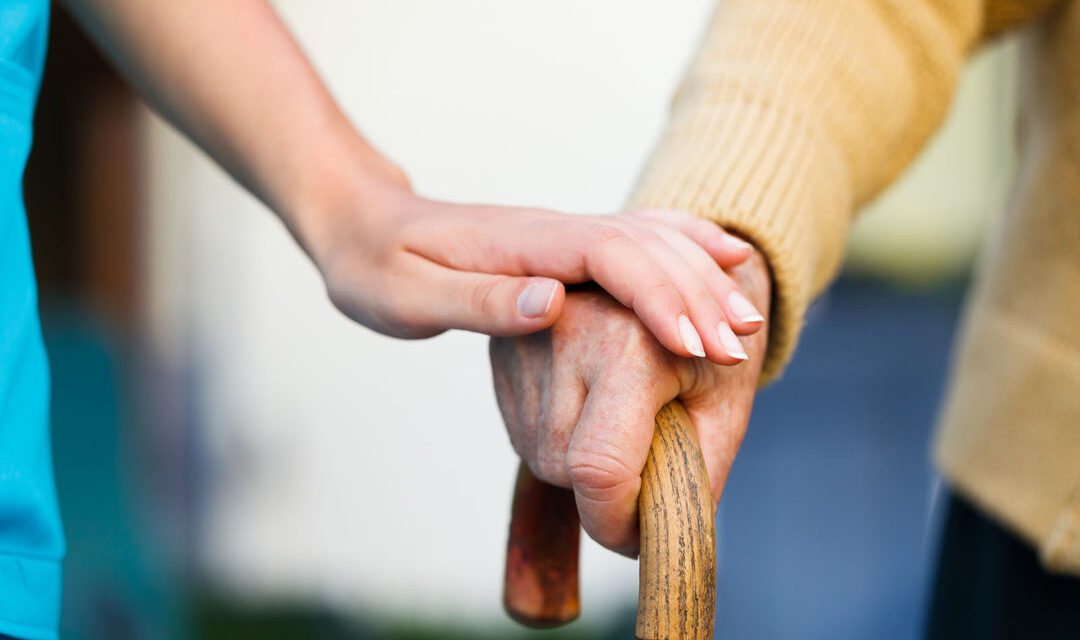Nursing home neglect is on the rise even though health regulations are set in place. Neglect has been a problem for many years and unfortunately is expected to continue in the future. Most people that have a loved one that experienced neglect in a nursing home is often scared of ending up in one during their lifetime. This scary situation has many people concerned with their future as they grow old.
Nursing home neglect isn’t only limited to the elderly. Patients that enter nursing homes for other reasons such as rehabilitation from surgery or recovery from an illness are also at risk. Generally, any patient in a nursing home is at risk of experiencing neglect during their stay in a nursing home. The health care industry has created strict policies and regulations to help prevent the problem. The policies have helped reduce the number of complaints. However, there are still a large amount of nursing home neglect cases opened in the United States on a regular basis.
Signs of Nursing Home Neglect
- Unsanitary Living Conditions – Federal law states that nursing home facilities are required to “establish and maintain an infection control program designed to provide a safe, sanitary and comfortable environment in which patients reside. If you visit a loved one at a nursing home that is living in unsanitary conditions, this is a sign that your loved one is experiencing other forms of neglect as well.
- Poor Personal Hygiene – Nursing home staff and nurses are required to assist patients with general personal hygiene. These tasks include dental care, bathing, combing hair, clipping nails and shaving facial hair. Family members that notice their loved one is not keeping up with general hygiene should be concerned about neglect.
- Malnutrition and Dehydration – Research has revealed 20 percent of nursing home residents located worldwide have some form of malnutrition and dehydration. There are a variety of reasons a patient in a nursing home can experience malnutrition. Sometimes patients don’t like the food they are given, refuse to drink water or the facility doesn’t provide healthy well-balanced meals. Health issues such as difficulty swallowing is also a common issue that leads to malnutrition.
If your loved one has signs of malnutrition, dehydration or poor personal hygiene you should consult with the staff and nurses at the nursing home. Sometimes there are valid explanations to the condition of patients. If you are not provided with a medical or valid excuse for the poor condition of your loved one you need to speak to an attorney immediately.



